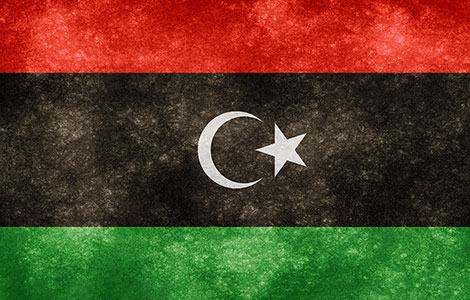
This article was originally published by the European Council on Foreign Relations (ECFR) on 2 August 2017.
Europe must use its diplomatic leverage to ensure that increased Russian involvement does not come at the cost of further destabilisation on Europe’s southern border.
Libya is increasingly a target for Russia’s growing ambitions to influence the Middle East and North Africa, but, judging by the Kremlin’s actions thus far, Putin is either hedging his bets or has not yet decided on his objectives for this file. European decisions – particularly those by the most active players, France, the UK, and Italy – could yet tip the scales in one direction of the other. Watching closely will be the new UN Special Representative of the Secretary General for Libya, Ghassan Salamé, who officially starts work this week after attending last Tuesday’s Paris summit between the internationally-recognised Libyan Prime Minister Faiez Serraj and his main rival, General Khalifa Haftar.
Torn between war and peace
On the one hand, Russia is naturally drawn towards supporting General Haftar, who opposes the Western-backed Prime Minister Serraj and is considered by many in Moscow as ‘the strongman of eastern Libya’. Haftar’s anti-Islamist stance makes him an attractive counterterrorism partner, and support for the general also strengthens Russia’s relationship with his main sponsor, Egypt. Limited support for Haftar also drags the conflict out, enabling Russia to point to the folly of the West’s intervention in 2011 and make the case that regime change, in Libya as in Ukraine, only breeds chaos.
